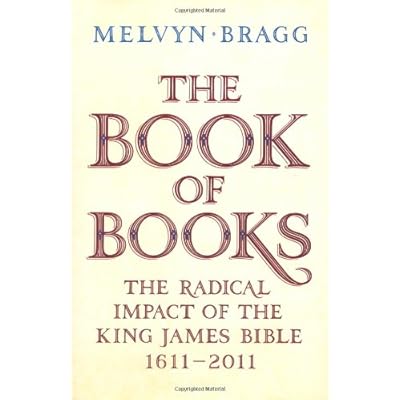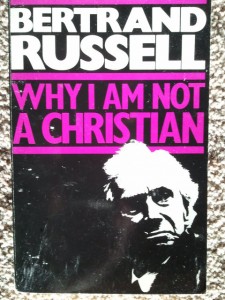I’m hooked when people write (or speak) about words.
Here’s an example form a favourite poem. Hint: read it out loud, and try for a broad Australian accent.
Wot’s in a name? Wot’s in a string o’ words?
They scraps in ole Verona wiv the’r swords,
An’ never give a bloke a stray dog’s chance,
An’ that’s Romance.
But when they deals it out wiv bricks an’ boots
In Little Lon., they’re low, degraded broots.Wot’s jist plain stoush wiv us, right ‘ere to-day,
Is “valler” if yer fur enough away.
Some time, some writer bloke will do the trick
Wiv Ginger Mick,
Uv Spadger’s Lane. ‘E’ll be a Romeo,
When ‘e’s bin dead five ‘undred years or so.
The Play is the account of the Sentimental Bloke at the theatre with the love of his life, Doreen. It’s Romeo and Juliet, and the Bloke sees himself in the drama. Like Romeo, the Bloke is head over heels. Also like Romeo, and for sake of his lady, the Bloke has sworn off his history of street brawling (in inner-city Melbourne – name check for Little Lonsdale Street).
So why is the Bloke’s mate Ginger Mick not counted as a man of valour? The same activity – street brawling – in described in different words. C J Dennis skilfully raises a whole host of cultural and political issues with his simple question: Wot’s in a string o’ words?
Perhaps the ‘low degraded brutes’ of poorer Melbourne we called this because it was easier than understanding their problems, or finding out what social conditions were feeding the fighting. Maybe ‘valour’ is a self-serving way to gloss over the violence that exists even among the ‘better sort of people.’
Who knows what Dennis had in mind? His funny poem, though, does at least make us think about how we describe things.
Quotation source: The Complete Sentimental Bloke (ed. Neil James, A&R Classics)

 I read
I read 